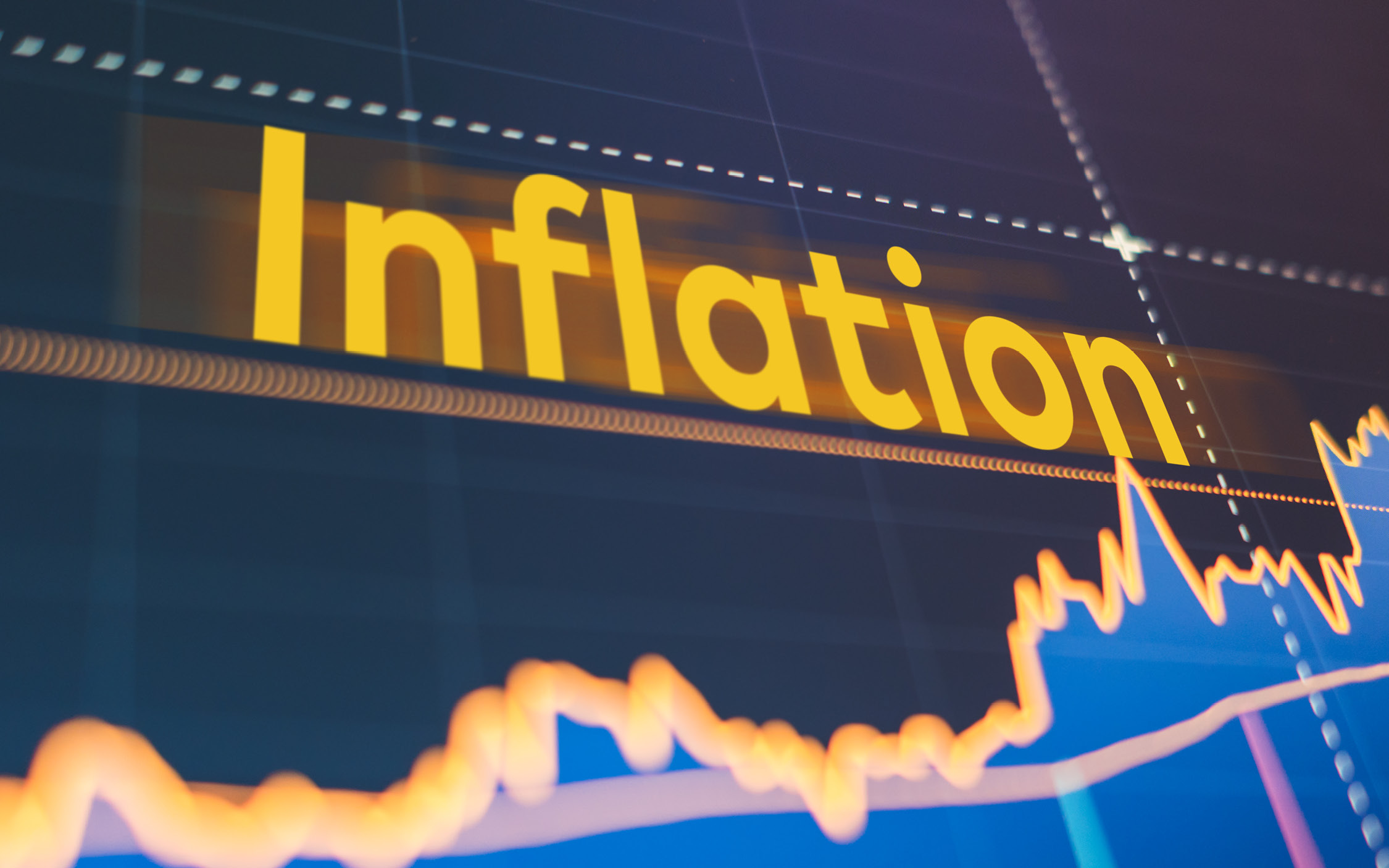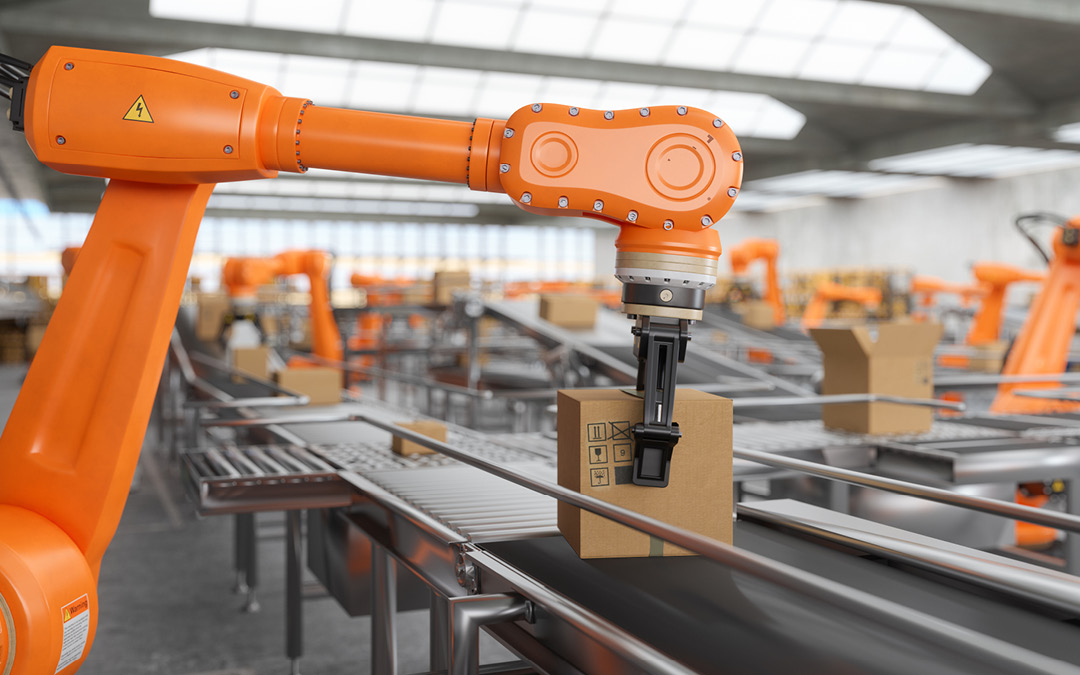The EU is struggling with inflation: In May, price increases in the eurozone averaged 8.1 percent. France and Germany were slightly below this average at 5.2 and 7.9 percent respectively, while the UK was well above at 9.1 percent. The highest inflation rates, however, were recorded in Estonia at 20.1 percent and Latvia at 16.4 percent – price increases that are putting society and the population under massive pressure.
The main drivers of inflation are rising energy costs and disrupted supply chains. The reasons are clear: the pandemic has hit the globally interconnected economy hard and upset supply chains, in China the zero-COVID policy will cause further lockdowns, and the Russian war of aggression on Ukraine is delivering another shock: energy is becoming scarce, energy costs are skyrocketing to record levels, while there are also supply shortages and price increases for metals, crops, and timbers.
Is there a risk of stagflation?
Stagflation refers to the simultaneous occurrence of economic stagnation coupled with high unemployment, idle production capacity and inflation. The trigger is usually a supply shock or shortage of goods. However, the factor of unemployment is clearly missing in the current situation. On the contrary, in many countries, labor is in urgent demand.
Nevertheless, we are observing stagnation and inflation: In the first quarter of 2022, economic growth in many euro countries, including Germany, barely exceeded zero, and the inflation rate was higher than at any time in the last 40 years. The current high inflation rates are already causing wage demands to rise. This could lead to stagflation.
In Germany, Chancellor Olaf Scholz warns of a “permanent inflationary spiral” and calls on representatives of employees and employers to take “concerted action”. On July 4, he will meet with eight participants each from unions and employers, the German Bundesbank and the German Council of Economic Experts. The meeting will be used to discuss how to deal with price developments going forward.
What can national policy accomplish?
The causes of high prices cannot be remedied by individual national governments at present. Inflation would be counteracted if production were back to normal all over the world, logistics were running smoothly, and Europe once again had plenty of energy at its disposal. But that is precisely what is not to be had at the moment. The crucial problem is therefore the lack of supply of both goods and energy.
Countries can, however, try to mitigate the worst effects of inflation, especially for poorer segments of the population, and prevent persistent and high inflation in the face of persistently low growth.
The first measures are already apparent, with countries taking very different approaches:
- Germany provided its population with a fuel discount and the “9-euro ticket” for local public transport, employees who are subject to income tax benefit from an energy price bonus of 300 euros, recipients of Hartz IV (a type of financial assistance) receive a one-off subsidy on their standard rate to offset the cost of electricity, and families receive a 100-euro bonus on top of their child benefit. A master plan is to be presented after the “concerted action”;
- The United Kingdom will deduct 400 pounds (465 euros) from household energy bills in October, low-income earners will receive a one-time payment of 650 pounds (756 euros), and there will also be special payments for the elderly and people with disabilities. The fuel tax was already reduced by the equivalent of 5.8 cents in March;
- France approved a 100-euro energy bonus for millions of households and an inflation compensation of 100 euros for low-income earners, capped the price of electricity and froze the price of gas until June;
- Greece holds out the prospect of aid money for its population;
- Poland has introduced a package of measures called the “anti-inflation shield”, which includes tax cuts and financial support for the poorest households;
- Spain significantly reduces VAT on electricity and electricity generation tax.
Some countries are raising their key interest rates, the Czech Republic to now 4.5 percent; the UK recently by 0.25 percentage points to 1 percent.
The European Central Bank performs a balancing act
The European Central Bank (ECB) is now also following the path of a more cautious spending policy and is trying to strike the right balance: On July 1, 2022, the ECB will raise the key interest rate moderately by 25 basis points. Another interest rate hike is to come in September. This will set a “gradual but sustainable path” for further interest rate hikes. This is a balancing act for the ECB, because it remains to be seen whether it will succeed in raising interest rates without stifling the economy.
EU Commission Vice President Valdis Dombrovskis said in an interview with Handelsblatt: “The period of cheap money is coming to an end.” Dombrovskis also rejects new economic stimulus programs despite the slowdown in economic momentum: “We are primarily dealing with a supply shock, with bottlenecks and supply disruptions. It doesn’t help to stimulate demand with fiscal policy.”
More cooperation, more integration
It is a fact that the global economy is in a state of emergency, and the war and its economic consequences are a further test for the euro area. It is still a heterogeneous community whose members differ greatly in terms of economic policy and structure. Inflation will further increase the pressure on populations, societies and also on our democratic systems. So far, the shocks have led to closer cooperation. And rightly so, because to make eurozone countries resilient, only one thing will help: even deeper economic and political integration.
However, closer cooperation between the EU and the U.S. could also provide greater stability: The EU-US Trade and Technology Council (TTC) was only established last year and is already ensuring deeper cooperation. For example,it was jointly decided, that dual-use products, i.e., civilian goods that can also be used in the defence industry, may no longer be exported to Russia. Other TTC groups are working on securing supply chains in the computer chip industry, on reducing trade barriers, or on mutual recognition of regulations, for example in the pharmaceutical industry. The economic areas of the democracies are moving closer together.






